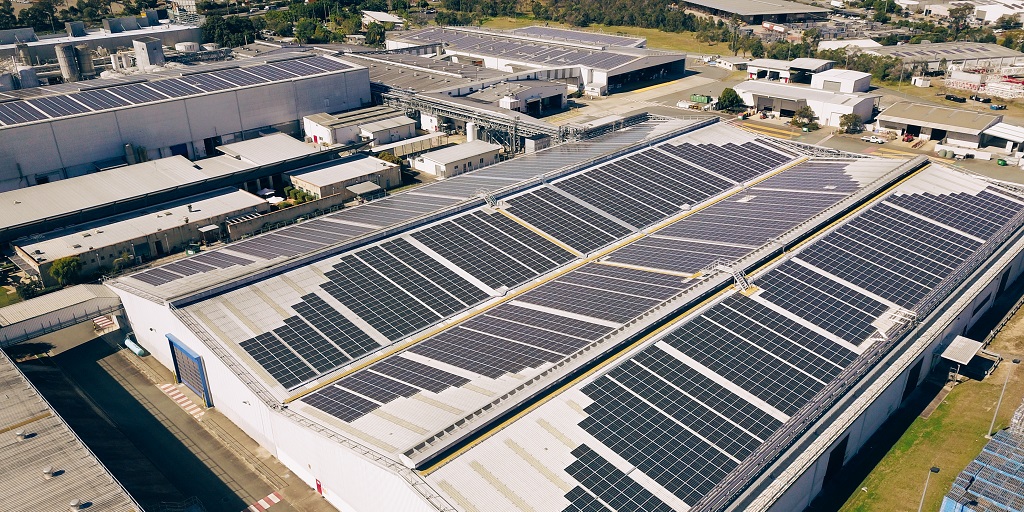
Asahi launches ESG report

Asahi Beverages has unveiled an update Report about its recent environment, sustainability and governance achievements and commitments for the future.
The 2022 ‘Be’ Report is Asahi Beverages’ Environmental, Social and Governance framework, supporting Asahi’s vision of bringing enjoyment and connection to everyday moments in life.
The Be Report details Asahi Beverages’ updated sustainability agenda, together with progress in responsible drinking, sugar reduction and diversity & inclusion.
The report shows how Asahi Beverages has:
- Helped create a more responsible drinking culture, with no, low- and midstrength beers now making up around 29% of our beer sales in Oceania
- Taken an industry leadership role on sugar reduction by reducing the sugar content across our non-alcohol beverage portfolio by 25% since 2015
- Developed programs throughout the pandemic that have advanced the health and well-being of our employees, achieving an employee engagement score of 85%.
Asahi Beverages continues to make tangible long-term investments to achieve our ambitious sustainability goals. For example, in the past year we’ve constructed and opened Australia’s biggest recycled PET facility in Albury as part of a cross-industry joint venture. We’ve also installed the biggest solar project at any Australian brewery at Yatala in Queensland. In addition, our Cool Ridge Still Water bottles are now made from 100% recycled PET.
Asahi Beverages Group CEO Robert Iervasi said: “Our Asahi Be program prioritises the environmental sustainability of our products, the responsible marketing and development of our products, the social contribution we make to our communities and the health, safety, and professional development of our employees.
“These factors influence every decision our business makes, and I’m delighted that the 2022 Be Report demonstrates good progress in all these areas and underscores our long-term commitment to the region.”
Asahi Beverages has almost 4000 employees and 200,000 customers across Australia and New Zealand. It has almost 40 breweries, manufacturing sites and distribution centres, and produced over 2 billion litres of beverages last year.



